The $3.4 billion loan from IMF is part of $6.9 billion loan Nigeria is seeking from international lenders to enhance its efforts to tackle the impact of the COVID-19 pandemic on government’s revenue and the economy in general.
In addition to the IMF loan, Nigeria is seeking $2.5 billion loan from the World Bank, and $1 billion from the African Development Bank.
In a statement announcing the emergency support to Nigeria, the IMF said: “The IMF approved US$3.4 billion in emergency financial assistance under the Rapid Financing Instrument to support the authorities’ efforts in addressing the severe economic impact of the COVID-19 shock and the sharp fall in oil prices.
“The COVID-19 outbreak has magnified existing vulnerabilities, leading to a historic contraction in real GDP growth and to large external and fiscal financing needs.
“Once the impact of the COVID-19 shock passes, the authorities’ commitment to medium-term macroeconomic stability remains crucial to support the recovery and ensure debt remains sustainable.
“The Executive Board of the International Monetary Fund, IMF, approved Nigeria’s request for emergency financial assistance of SDR 2,454.5 million (US$ 3.4 billion, 100 percent of quota) under the Rapid Financing Instrument, RFI, to meet the urgent balance of payment needs stemming from the outbreak of the COVID-19 pandemic.
“The near-term economic impact of COVID-19 is expected to be severe, while already high downside risks have increased. Even before the COVID-19 outbreak, Nigeria’s economy was facing headwinds from rising external vulnerabilities and falling per capita GDP levels.
“The IMF financial support will help limit the decline in international reserves and provide financing to the budget for targeted and temporary spending increases aimed at containing and mitigating the economic impact of the pandemic and of the sharp fall in international oil prices.
“The IMF remains closely engaged with the Nigerian authorities and stands ready to provide policy advice and further support, as needed.”
Commenting, Mr. Mitsuhiro Furusawa, Deputy Managing Director and Acting Chair of the IMF Board said: “The COVID-19 outbreak— magnified by the sharp fall in international oil prices and reduced global demand for oil products— is severely impacting economic activity in Nigeria.
“These shocks have created large external and financing needs for 2020. Additional declines in oil prices and more protracted containment measures would seriously affect the real and financial sectors and strain the country’s financing.
“The authorities’ immediate actions to respond to the crisis are welcome. The short-term focus on fiscal accommodation would allow for higher health spending and help alleviate the impact of the crisis on households and businesses.
“Steps taken toward a more unified and flexible exchange rate are also important and unification of the exchange rate should be expedited.
“Once the COVID-19 crisis passes, the focus should remain on medium-term macro-economic stability, with revenue-based fiscal consolidation essential to keep Nigeria’s debt sustainable and create fiscal space for priority spending.
“Implementation of the reform priorities under the Economic Recovery and Growth Plan, particularly on power and governance, remains crucial to boost growth over the medium term.
“The emergency financing under the RFI will provide much-needed liquidity support to respond to the urgent BOP needs.
“The implementation of proper governance arrangements— including through the publication and independent audit of crisis-mitigating spending and procurement processes— is crucial to ensure emergency funds are used for their intended purposes.”






















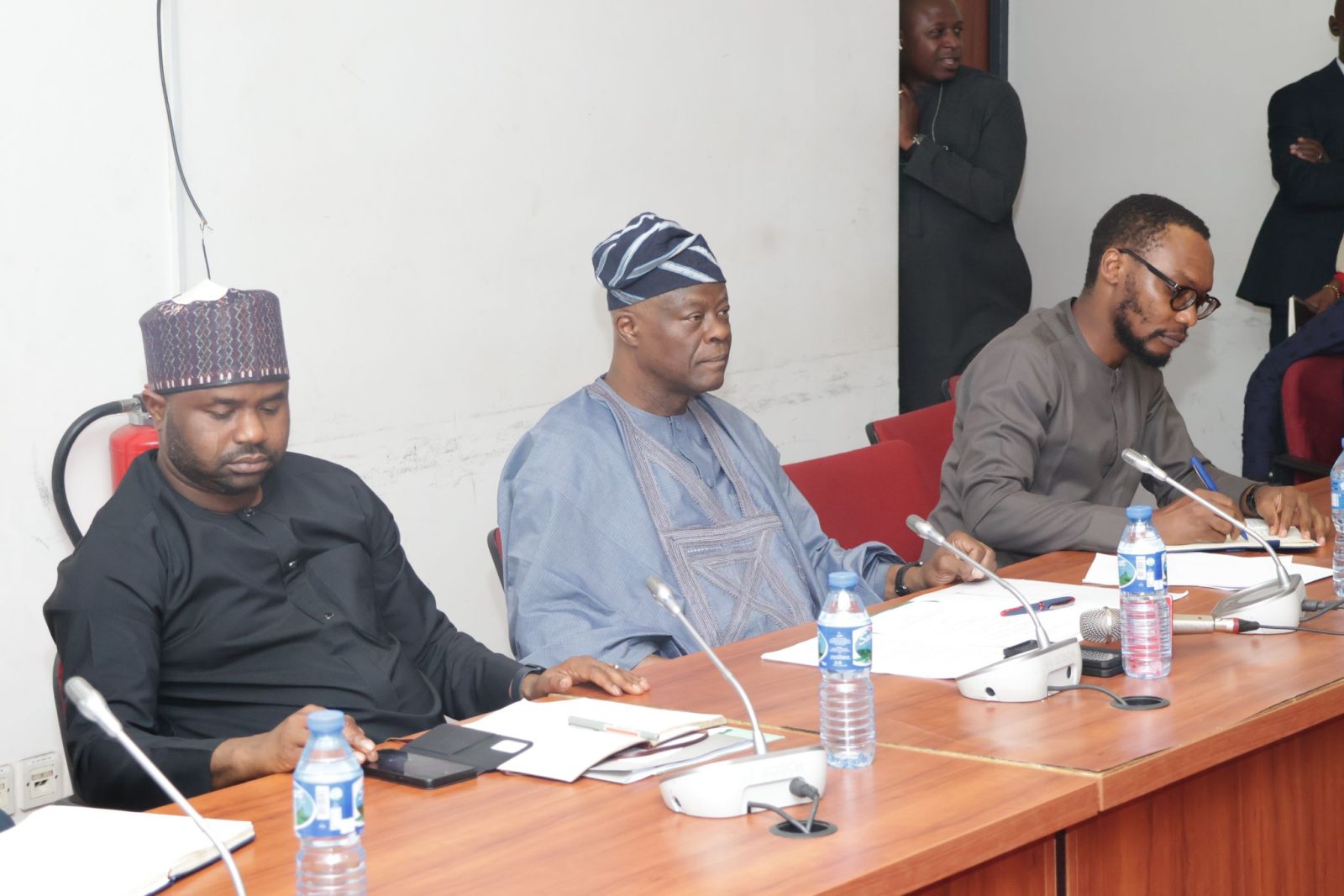
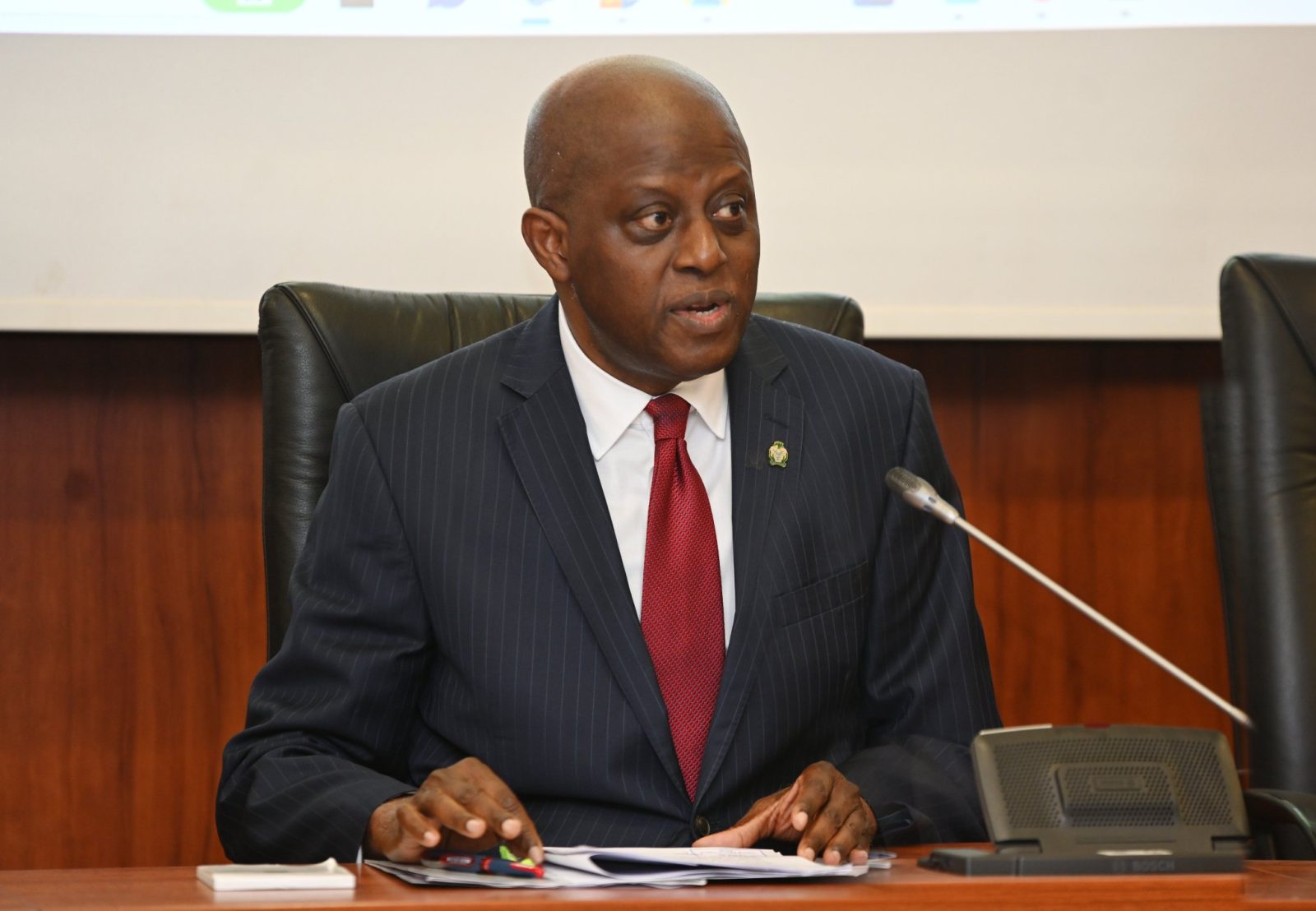

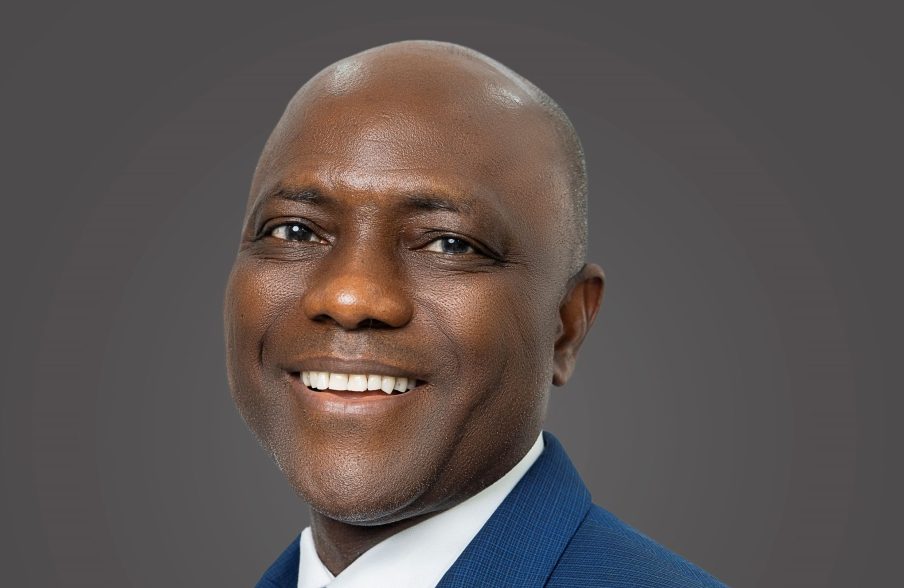
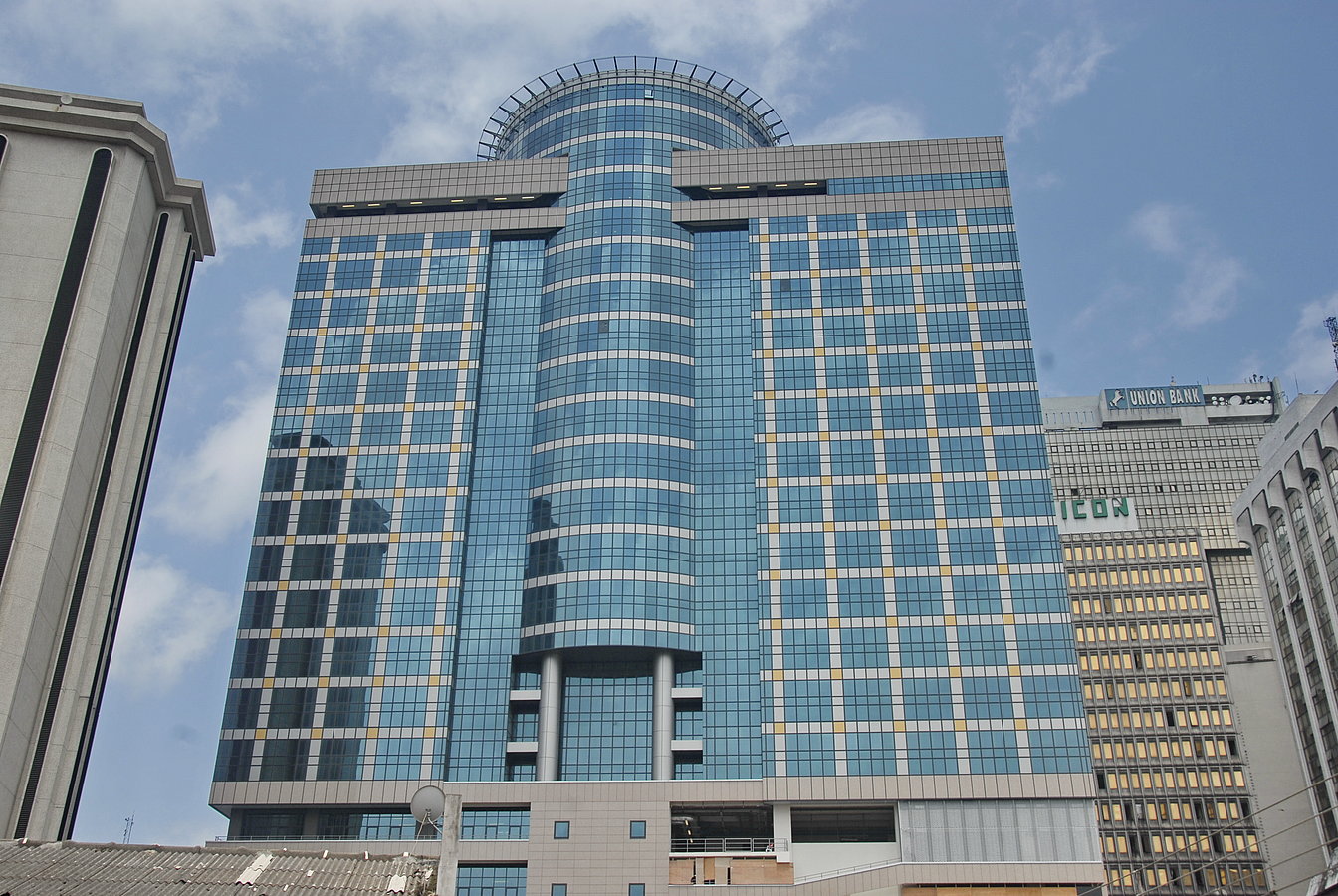
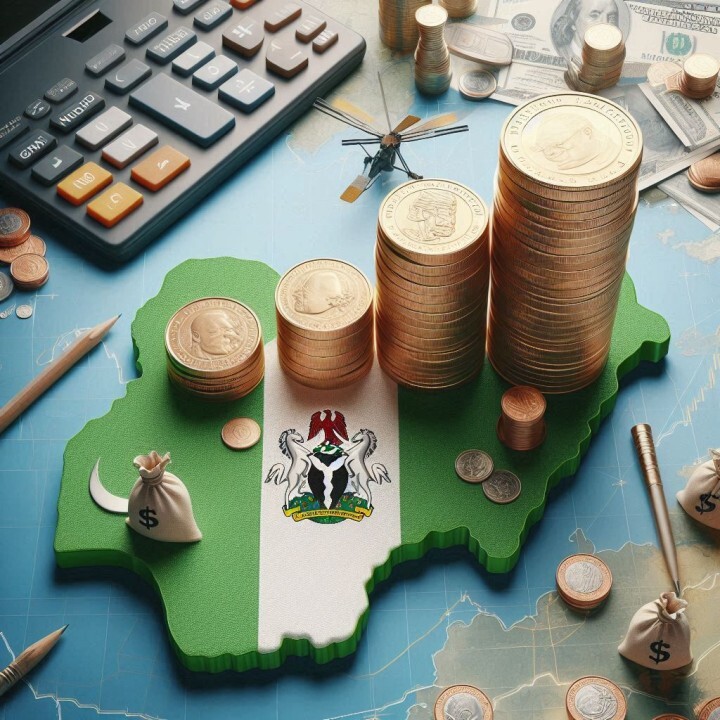
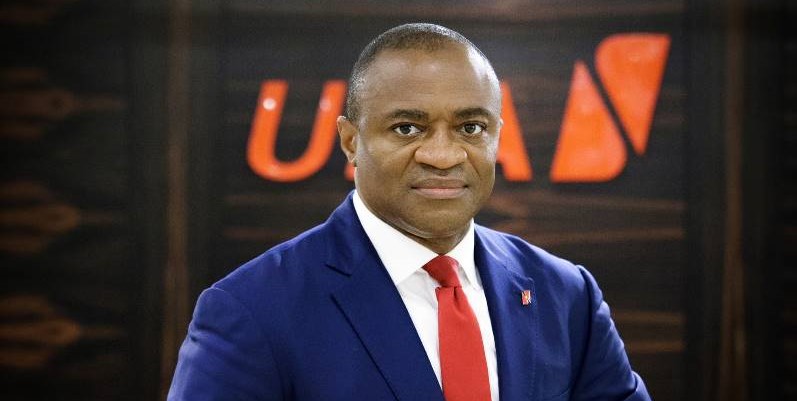
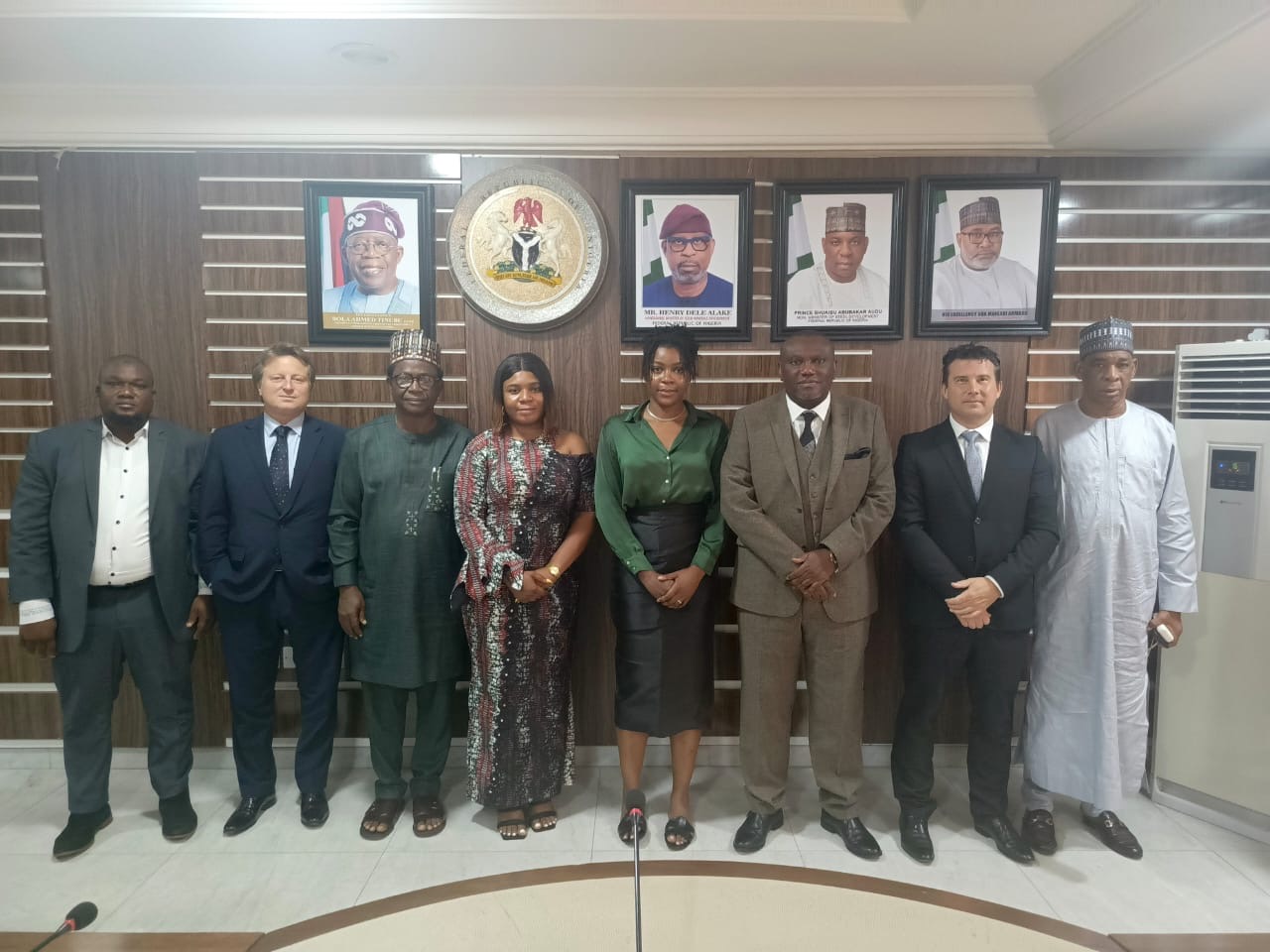
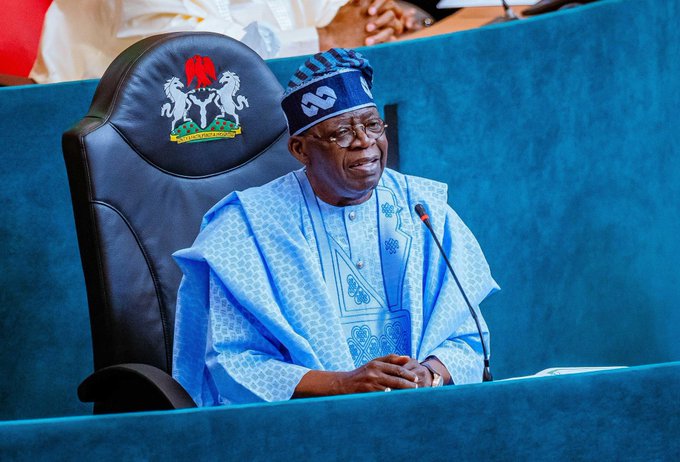

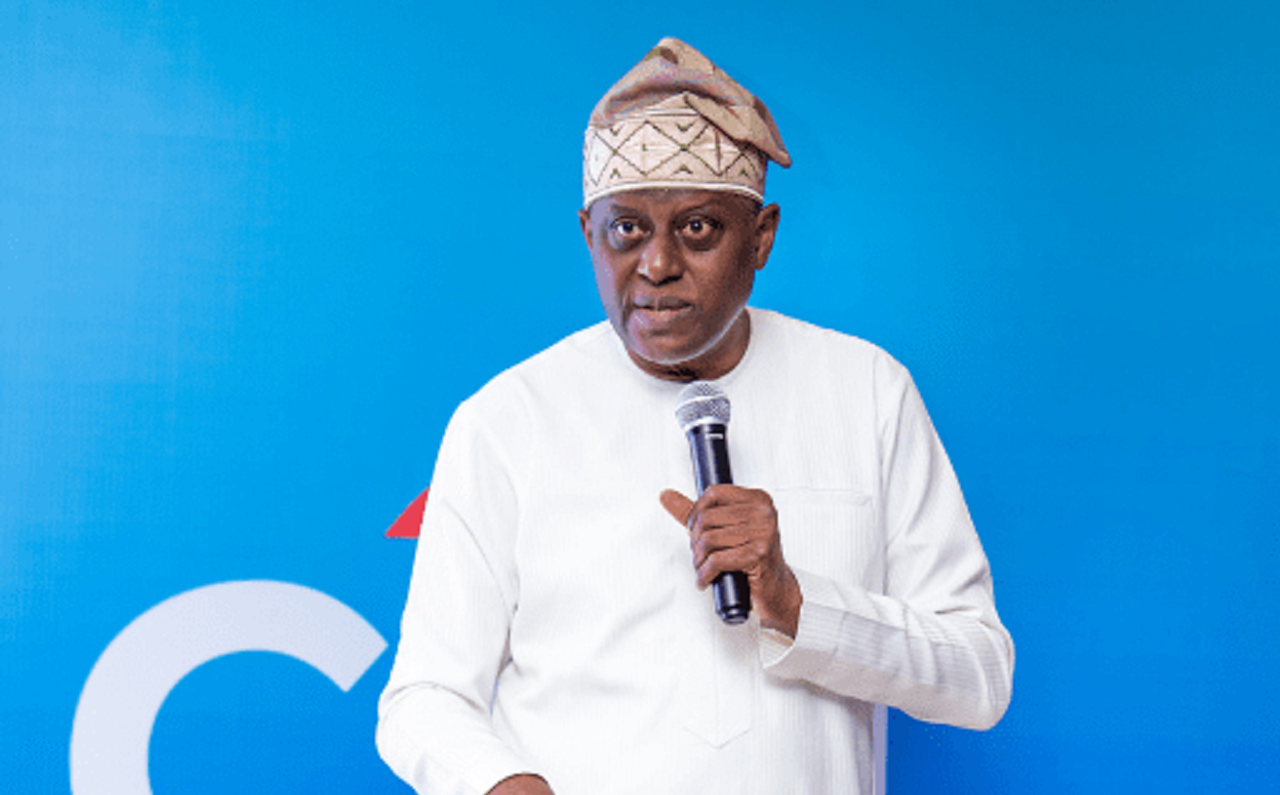
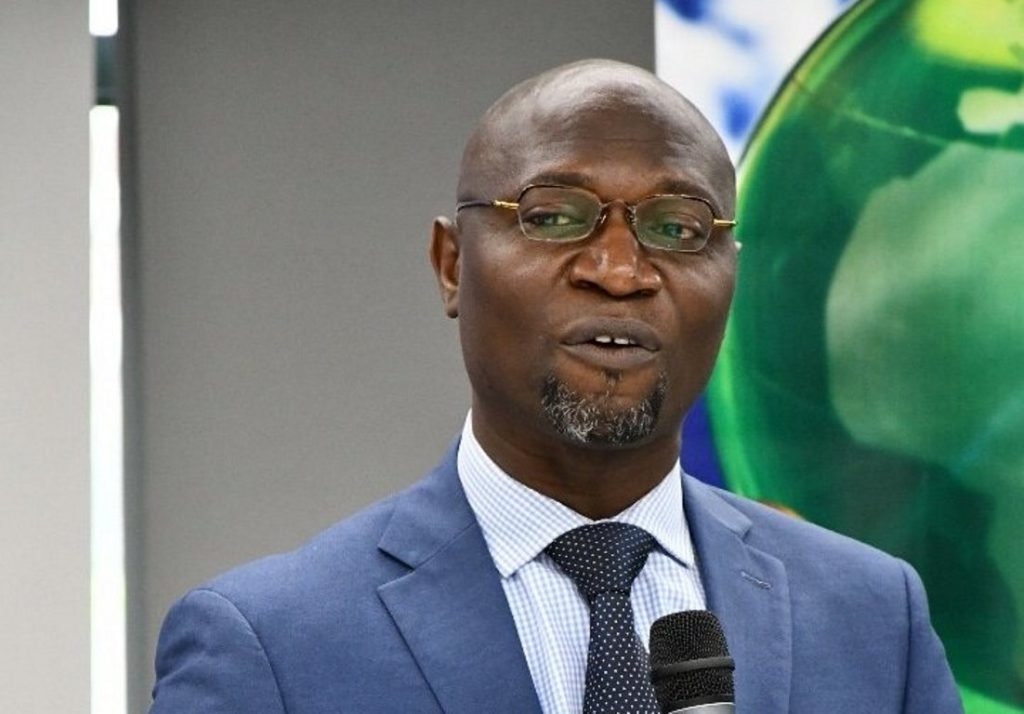
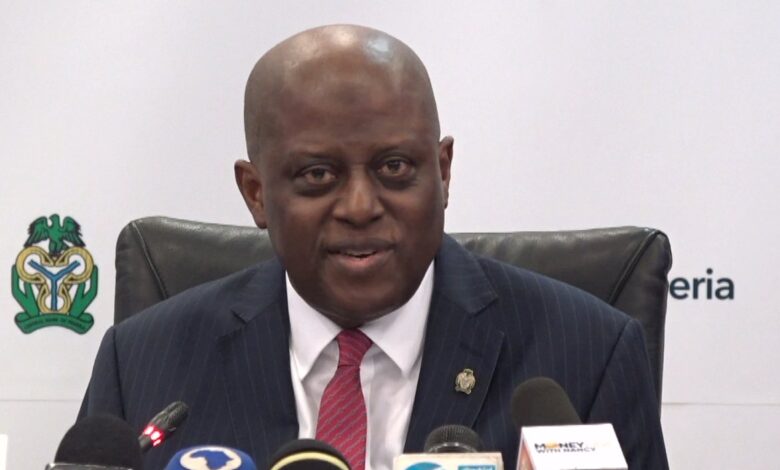

Leave a comment